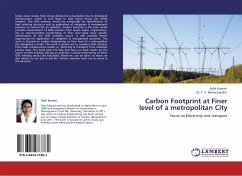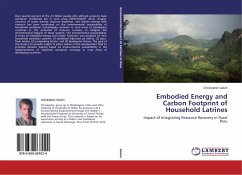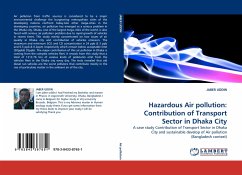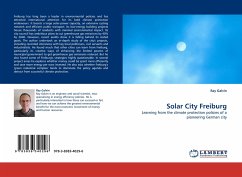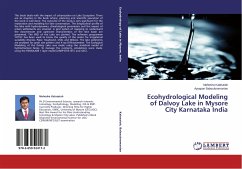Urban areas receive high energy demand & consumption due to developed infrastructure, which in turn leads to high Green House Gas (GHG) emission. This GHG emission should be measurable for identification of high emitting source,as well as application of mitigation & management practices to control the air pollution. Carbon footprint is the tool, which provides measurement of GHG emission from target object, organization, city or country.Carbon footprinting at finer level gives more specific identification to the GHG emitting source. It also provides better opportunity for application of mitigation & management practices. This work is focused on carbon footprinting at finer level of a metropolitan city- Bangalore in India. The work is carried out to compute GHG emission from basic infrastructure needs i.e. Electricity & Transport from collected primary data. This book gives the idea that how our basic needs are the source of GHG emission causing air pollution. Carbon footprinting of other GHG emitting sectors like Industries, Waste etc. can be done. As these are also related to our day to day life. Further research work can be done in this direction.

